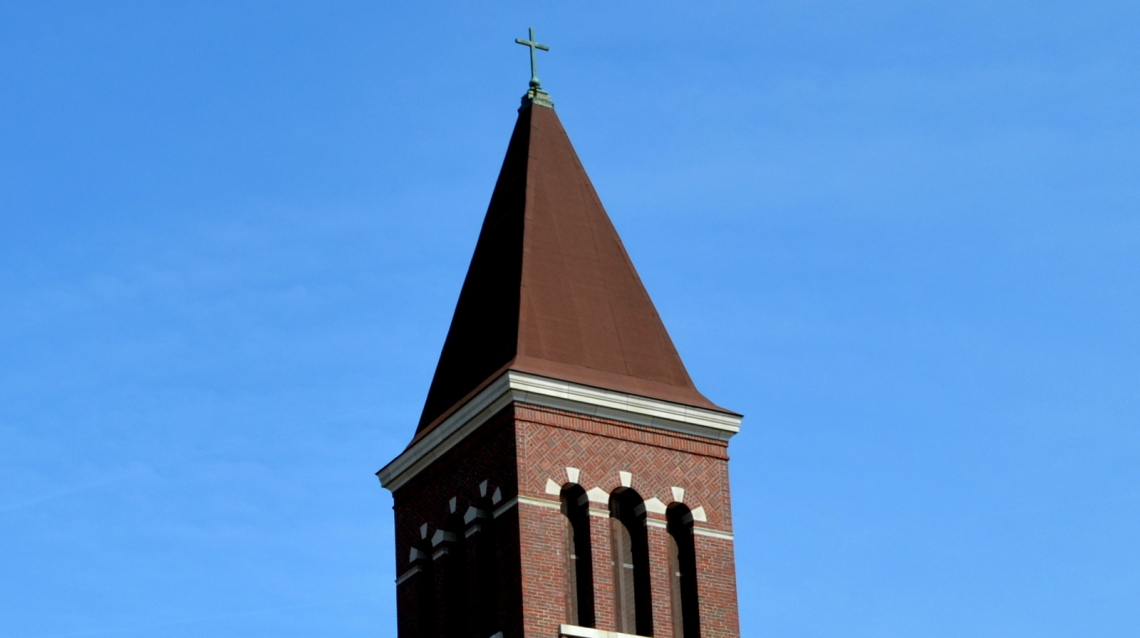The Mass: What is so special about Sunday?

More and more, business calendars tend to begin the week with Monday and conclude with the weekend, namely Saturday and Sunday. This reflects the typical work week in our society. Christians, however, count time differently than the secular world does. For Christians, the first day of the week is always Sunday. The last day of the week, or seventh day, is always Saturday.
Sunday is at the head of the week because from antiquity it has been recognized as the day when God began his work of creation. Even the ancient Romans called Monday “the second day,” for example. Sunday was the very first day ever, according to God’s plan of creation. In addition, we believers in Jesus know that his resurrection took place on a Sunday, Easter Sunday. Moreover, the Holy Spirit came upon Mary and the Apostles as tongues of flame on Pentecost Sunday. Finally, at the beginning of the Book of Revelation, St. John tells of receiving on a Sunday the vision of Christ’s final triumph in glory at the end of time. For Catholic Christians, Sunday is the first day of the week, and it is the Lord’s Day above all.
When it comes to the celebration of Mass, people in most parts of our diocese are fortunate to be able to celebrate the Eucharist on more than one day in the week. Some are blessed to have the celebration of Mass available in their area every day of the week. It is true that the Mass is the Mass and that the Eucharist is the Eucharist. But the days of the week do not all have the same significance for Christians. Sunday demands the celebration of the Eucharist because of the importance of Sunday in God’s plan of salvation. We celebrate with the Lord present among us on the day he has made his own. In the celebration of the Eucharist, we enter into the presence of the mystery of death, resurrection, and sending of the Holy Spirit. It does not matter that 20 centuries have intervened between those original events and our time. When we are present at Mass, we enter into the presence of those mysteries of Christ, and they become present to us in a real way. And so, from the earliest centuries, Christians have marked Sunday with the celebration of the Eucharist. Indeed, they felt obligated to do so since no other day of the week was made as holy as Sunday by the great events of our salvation, creation, resurrection, the descent of the Holy Spirit, and the future coming of Christ in glory on a Sunday someday.
It is because of the importance of Sunday in the life of the Christian that the Church obligates those who are able to attend Mass on Sunday. In fact, because Sunday is so important, we Catholics begin to observe it the night before, on Saturday evening. This, too, is a very human reaction to a day of importance. For example, we love to celebrate Christmas on the night before. The same is true for New Year’s Day.
When believers put God first in their lives, they also put what is important to God first. The resurrection of Christ changed the course of human history. By triumphing over death, Christ restored what was lost to our first parents, namely, friendship with God in the present and eternal life with him in the future. In the celebration of the Eucharist, the same Christ who died and who rose, comes to each of us in person, on the very day of his rising, to share that divine life with us.
Msgr. Marc B. Caron is moderator of the curia and vicar general for the Diocese of Portland










